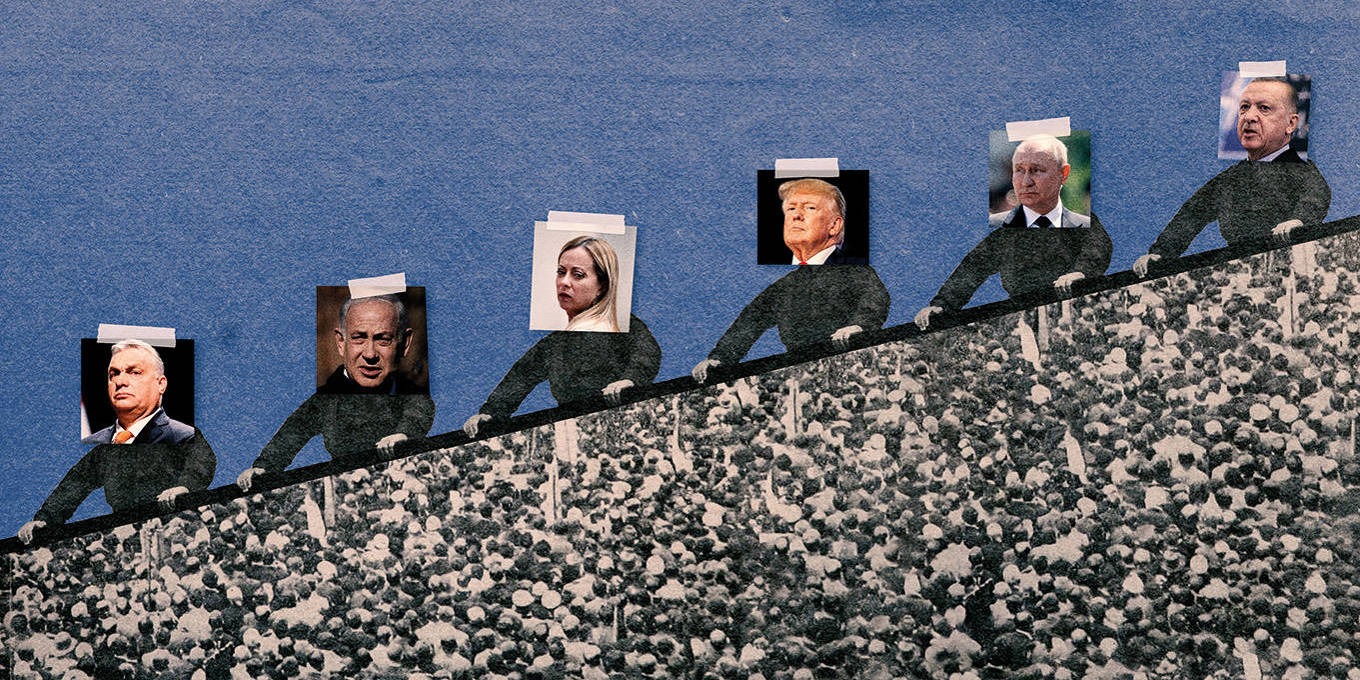From Project Syndicate:
 Over the past decade, Ruth Ben-Ghiat has emerged as one of the English-speaking world’s leading experts on, and chroniclers of, authoritarian leaders in the twenty-first century. A professor of history and Italian studies at New York University and the author of Strongmen: Mussolini to the Present, she warns against complacency in the face of growing threats to democracy around the world.
Over the past decade, Ruth Ben-Ghiat has emerged as one of the English-speaking world’s leading experts on, and chroniclers of, authoritarian leaders in the twenty-first century. A professor of history and Italian studies at New York University and the author of Strongmen: Mussolini to the Present, she warns against complacency in the face of growing threats to democracy around the world.
Project Syndicate: What is your working definition of a twenty-first-century “strongman”? Or more specifically, which contemporary political leaders do you include in this category, and what features do they share?
Ruth Ben-Ghiat: I use the term strongman for authoritarian leaders who damage or destroy democracy using a combination of corruption, violence, propaganda, and machismo (masculinity as a tool of political legitimacy). A strongman’s personality cult elevates him as both a “man of the people” and “a man above all other men.” Authoritarianism is about reorganizing government to remove constraints on the leader – which in turn allows him to commit crimes with impunity – and machismo is essential to personality cults that present the head of state as omnipotent and infallible.
Strongmen, as I define them, also exercise a form of governance known as “personalist rule.”
More here.
